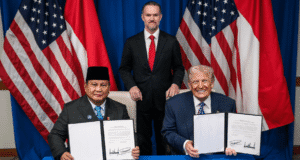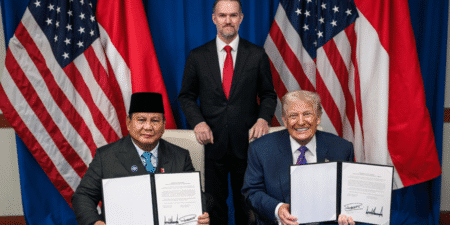
Taiwan’s New Ministry of Environment Aims to Elevate Net-Zero Carbon Efforts

The BGA Taiwan team, led by Senior Adviser Rupert Hammond-Chambers, wrote an update to clients on Taiwan’s new Ministry of Environment.
Context
- Taiwan’s Executive Yuan on August 22 unveiled the new Ministry of Environment and appointed Dr. Shieu Fuh-sheng (薛富盛), a respected academic administrator and materials scientist, as its first minister. The upgrade of the Environmental Protection Administration to a full ministry is meant to increase government resources to better handle the tasks of achieving net-zero carbon emissions by 2050, including formulating policies related to carbon fees.
- The new ministry will be the primary agency to oversee governance of carbon-reduction efforts. The restructuring is part of the final wave of a decade-long project to streamline Taiwan’s governmental organization, which also affected the Ministry of Economic Affairs and many others this year.
Significance
- Shieu said the Climate Change Response Act 氣候變遷法, which was promulgated in February, and its associated regulations are the focus of the newly established Ministry of Environment. He outlined three main tasks upon assuming office: expediting the implementation of carbon pricing as stipulated under the Climate Change Response Act, revising regulations related to resource circulation and actively addressing the challenges posed by climate change.
- Shieu is expected to face two difficult tasks in the coming months: environmental groups protesting against a proposed liquefied natural gas terminal off the coast of Keelung and the formulation of Taiwan’s carbon fee regime. Shieu will have this job for at least nine months before the post-election change of government takes place May 20, 2024.
Implications
- Companies should pay close attention to forthcoming announcements from the Ministry of Environment regarding the pending carbon-fee mechanism and sub-laws of the Climate Change Response Act to better synchronize their sustainability strategies with Taiwan’s carbon-reduction policies. Businesses will begin paying carbon fees in 2025 based on their 2024 carbon emissions.
- The transition from the Environmental Protection Administration to the Ministry of the Environment has a notable impact on the technology industry, especially in terms of the carbon fee framework. With a more accommodating approach, the Ministry of Environment might consider implementing a more proactive strategy to encourage carbon reduction among businesses.
We will continue to keep you updated on developments in Thailand as they occur. If you have comments or questions, please contact BGA Taiwan Senior Adviser Rupert Hammond-Chambers at rupertjhc@bowergroupasia.com.
Best regards,
BGA Taiwan Team

Rupert Hammond-Chambers
Senior Advisor
Rupert is an expert on Taiwanese political and economic issues and additionally brings a special focus on defense and security within BGA. Rupert concurrently leads the U.S.-Taiwan Business Council, where he was elected vice president in 1998 and president in 2000. Prior to 1994, he served as an associate for development at the Center for Security Policy, a defense and foreign policy think tank in Washington, D.C. Rupert is a member of the board of The Project 2049 Institute. He is also a trustee of Fettes College and is a member of the National Committee on United States-China Relations. Rupert ... Read More
×
























